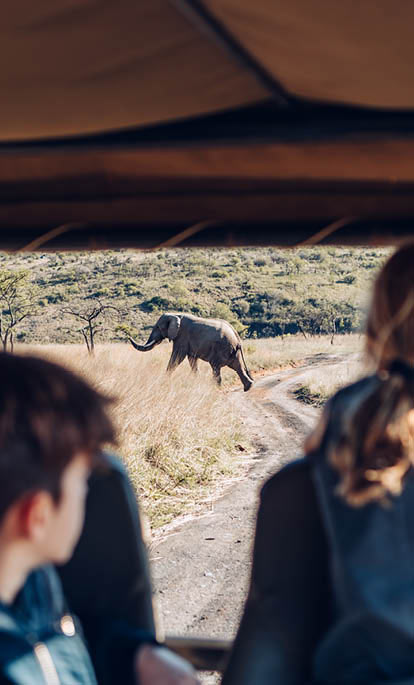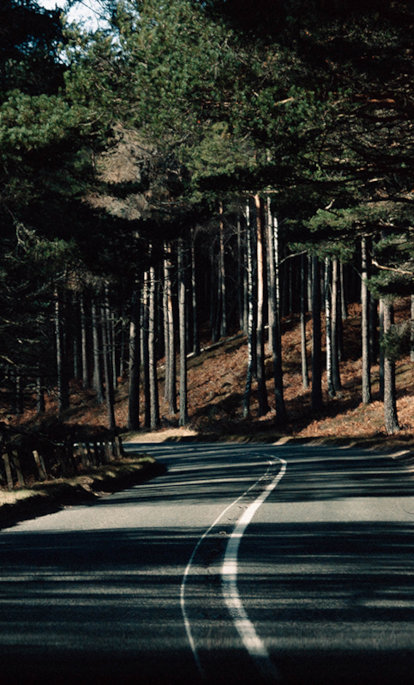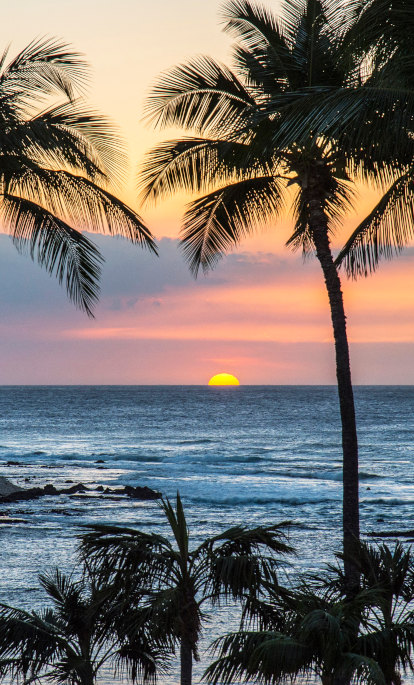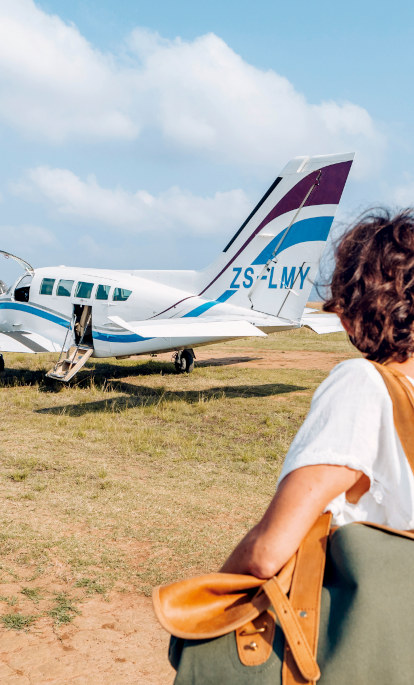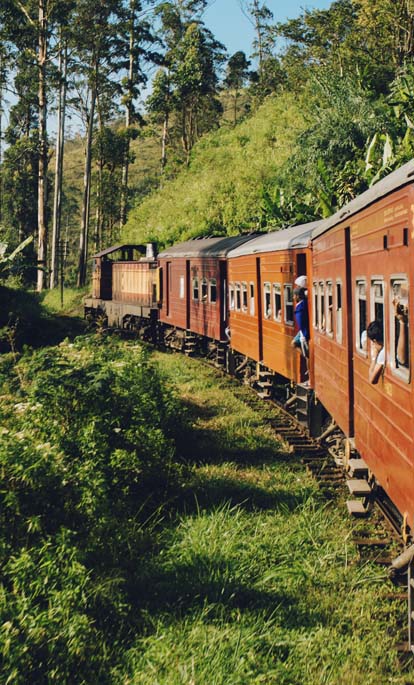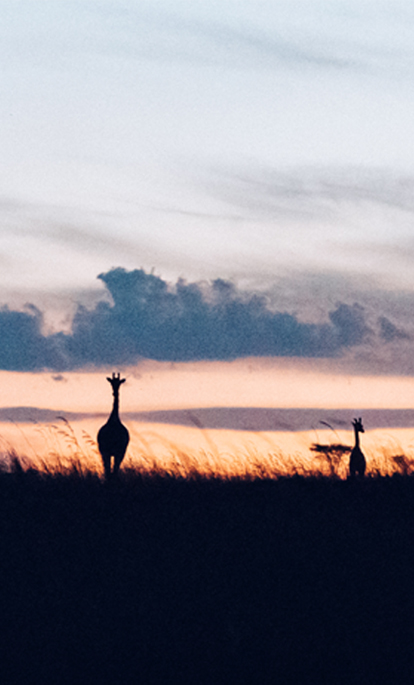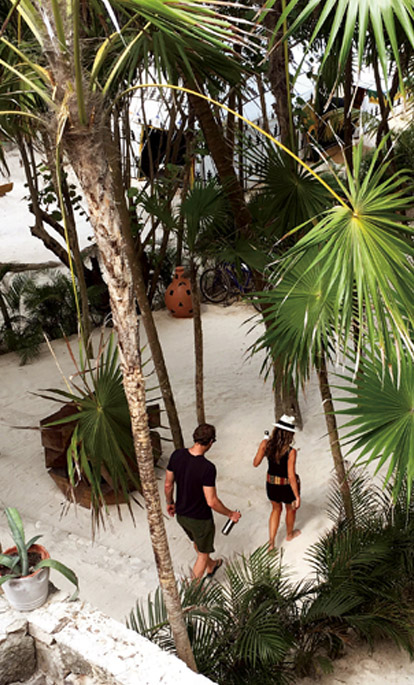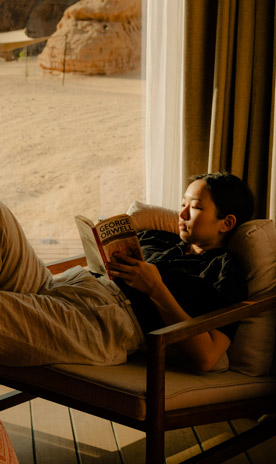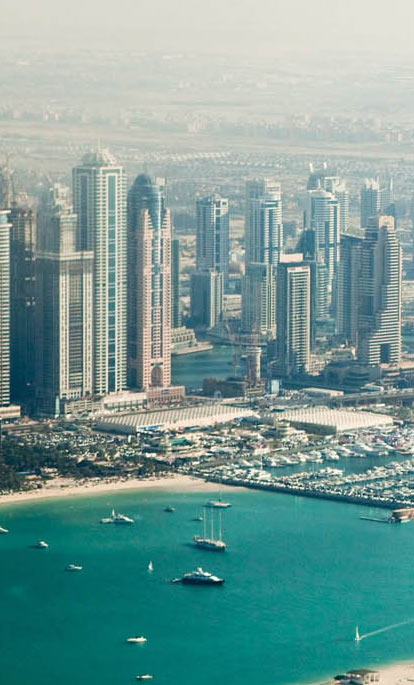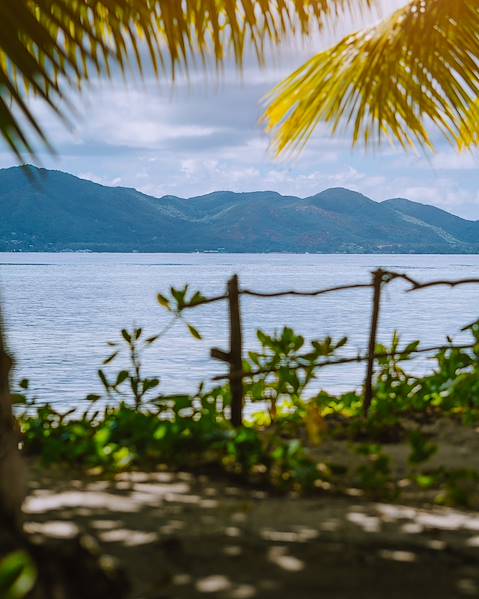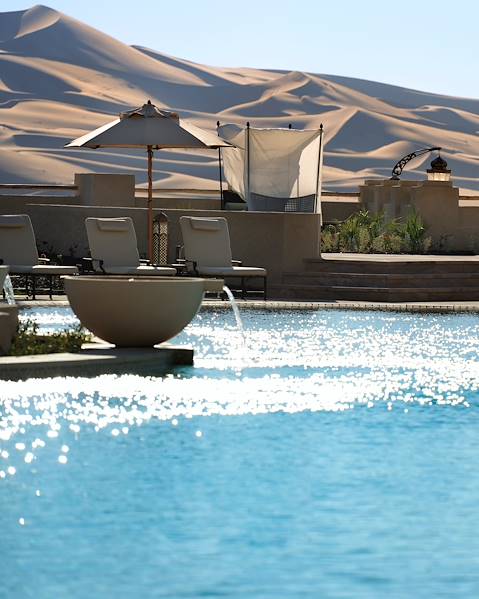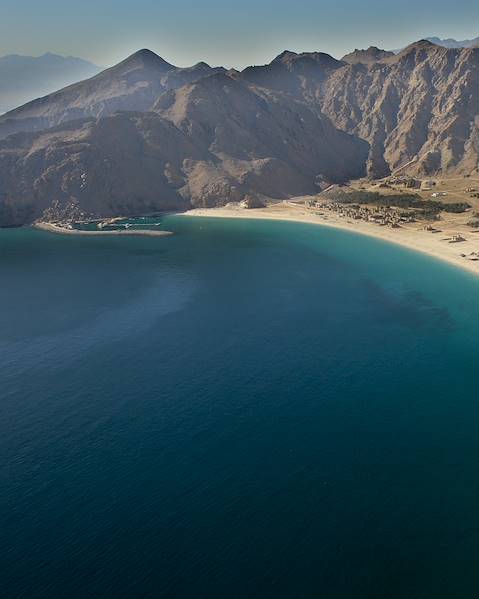Population
9.89 million
Official language
Arabic
Languages spoken
The top five languages used throughout the UAE are Arabic, English, Urdu, Malayalam and Hindi. While Modern Standard Arabic is the official dialect, most native Emiratis speak a dialect of Gulf Arabic.
People
In the UAE, the Emirati population is 11.48%, while the expat population is 88.52%. Indians form the largest expat population at 27.49%, Pakistanis at 12.69% and Bangladeshis at 7.40%.
Religion
Islam is the official religion of the UAE.
National Holiday
UAE's National Day falls on 2nd December. It marks the UAE's formal nationalisation and the start of the federal unification of the emirates in 1971.
Holiday Schedule
January 1st: New Year’s Day
April 21st-22nd: Eid Al Fitr
June 27th-28th: Arafah day and Eid Al Adha (Feast of Sacrifice)
July 30th: Hijri New Year (Islamic New Year)
October 8th: Prophet Mohammed's birthday
December 1st: Commemoration Day (previously known as Martyr's Day)
December 2nd-3rd: National Day
History
The United Arab Emirates is a union of seven small kingdoms (or emirates). The largest emirate is Abu Dhabi, which stretches along the Persian Gulf to the north. The other six emirates lie on land that separates the Persian Gulf from the Gulf of Oman. Dubai is the second- largest emirate, followed by Ajman, Al-Shariqah, Umm al-Qaywayn, Ra?s al-Khaymah, and Al-Fujayrah.
Before the land was unified in the Arab League in 1971, it was divided into various tribal groups and kingdoms. Al-Qawasim was the most powerful tribal groups during the 18th century. It developed an extensive trading network in the lower Persian Gulf and Indian Ocean and would often raid foreign ships. In 1819, the British Navy attacked and defeated the Al-Qawasim and eventually took control of the entire realm, which was to be known as the Trucial States. After oil was discovered in 1958, the emirates’ economy improved tenfold. Leaders used oil sales to improve the land, and after the British left in 1971, encourage tourism. Since joining the United Nations too, the UAE has been a steadfast ally, providing troops and supplies to Kuwait in the 1990s and Bahrain and Oman in 2011.
Policy
Each of the seven emirates is governed by its own hereditary ruler. Yet, the highest federal authority lies with the Supreme Council of Rulers (the top policy-making body in the country). The Supreme Council has both legislative and executive powers, electing the president and vice president from its membership and approving the president’s nominated prime minister. The prime minister oversees the Council of Ministers, or Cabinet, who develop and implement federal policy across all governmental institutions.
Etiquette
It is important to remember that the UAE is an Islamic state and visitors are expected to comply with local customs. Dress is expected to be modest – except around a hotel pool – and public displays of affection are frowned upon. Excessive public drinking (outside a licensed venue) is also a strict no-no. When eating and drinking, use your right hand. And speaking of hands, don’t attempt to shake the hand of an Emirati woman unless she offers first.
Shopping
In the UAE, retail therapy in rife. Dubai is home to the world’s largest mall, The Dubai Mall, as well as a major annual shopping festival, while Abu Dhabi boasts more glitzy malls than it knows what to do with. There are still plenty of old-school shopping experiences to be had in the souqks of Deira and Bur Dubai though, especially if you’re in the market for spices, perfume, carpets and quintessential Arabian souvenirs.
Food
Kabsa is considered the national food of the UAE. Cooked and served in one pot, this fragrant family favourite combines rice, lamb, mixed vegetables and various spices. It is Middle Eastern cuisine at its finest, as is shuwaa (slow-roasted lamb) and harees (cracked wheat and shredded meat), which you’ll find in abundance across the country’s old-world souqks. The UAE is a melting pot of culture though, so finding a variety of international cuisine will be no challenge either. From With Italian, Iranian, Thai, Chinese, and Japanese (,and much more!) you will be spoilt for choice. Its curry houses are also very well revered.
Drink
Bars come in abundance in the UAE. Either tucked away down along side streets, spilling onto shores or overlooking skyscrapers, they are where the country’s expats go to let off steam. There, you’ll find menus of inventive cocktails and ice cold pints. Most bars and clubs stay open until 1-3am too. Buying alcohol, however, is a whole different kettle of fish as alcohol cannot be bought in any shop or supermarket. It isn’t served in independent restaurants and only those in possession of an official liquor license are allowed to buy it. Visitors are, however, allowed to bring four litres of alcohol duty-free when entering the country.
